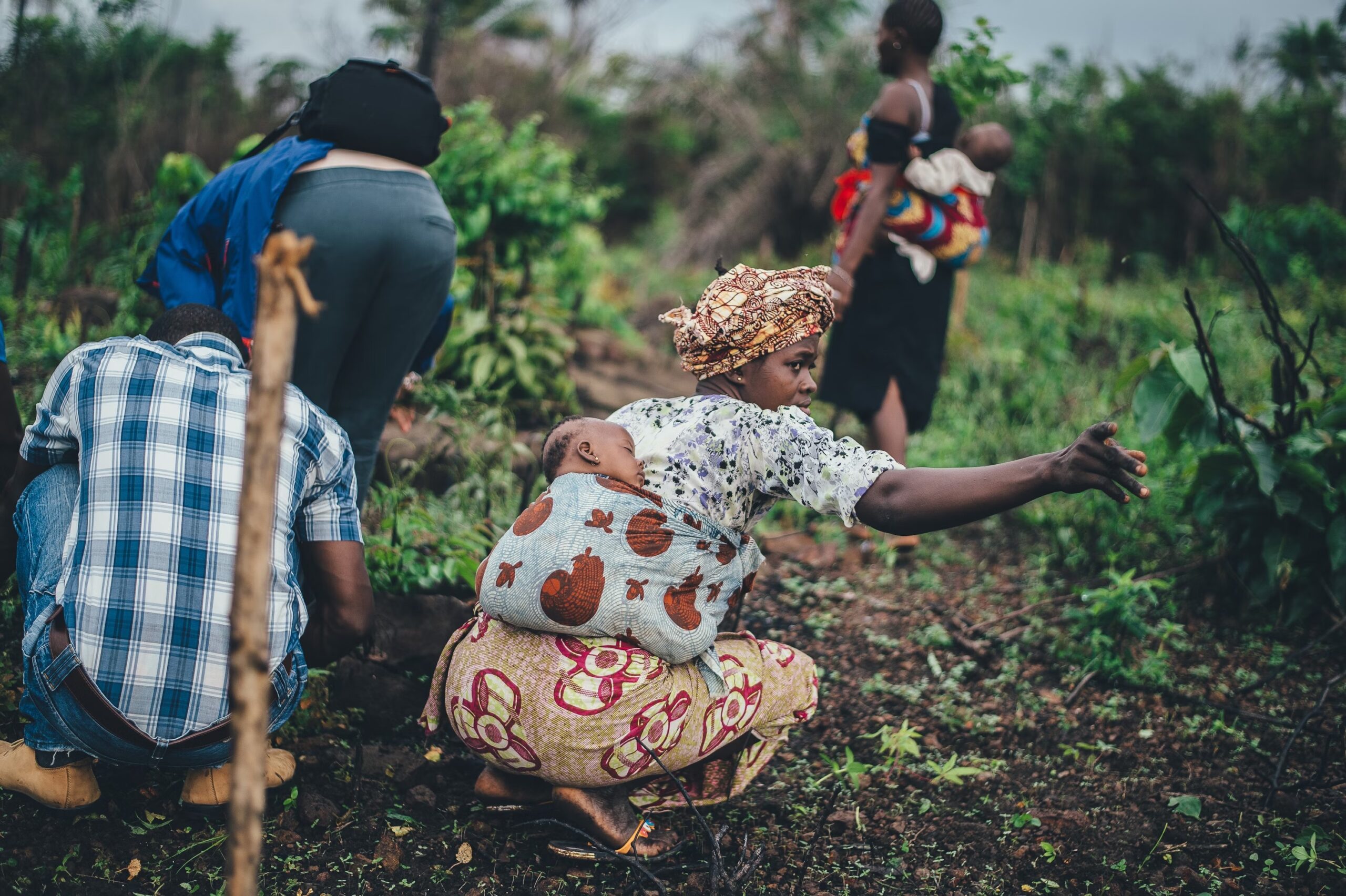In a historic move that underscores Africa’s unwavering commitment to inclusive development, the recent adoption of the AfCFTA Protocol on Digital Trade alongside the Protocol on Women and Youth in Trade heralds a new era of opportunity and empowerment across the continent.
These landmark legal instruments are not merely symbolic; they represent tangible commitments to creating opportunities for women and youth to participate actively and benefit from Africa’s burgeoning trade landscape. We must all congratulate AfCFTA Secretary-General Wamkele Keabetswe Mene and the secretariat team on making this happen against all odds.
African women play significant role
The transformative power of the world’s first Protocol on Women and Youth in Trade cannot be overstated. Women are central to trade as they dominate in numbers of entrepreneurs, traders, employees and more, often leading small businesses and engaging in cross-border trade, particularly in the informal sector.
In East and Southern Africa, women earn only about $0.81 for every $1 earned by men hourly.
They play a significant role in sectors like agriculture, making up half of Africa’s agricultural output, yet typically occupy lower-tier positions in the value chain. Trade expansion can present challenges for women, amplifying existing structural inequalities and reducing their trade competitiveness. This can widen the competitiveness gap and impact their export potential.
The limitations of gender-neutral trade policies have become apparent; they fail to address gender disparities and can undermine the effectiveness of trade agreements by neglecting a key demographic. Recognising that trade policies alone cannot fix all social inequities, the shift towards gender-sensitive or gender-responsive trade policies is crucial for more inclusive and effective trade outcomes.
Unlike previous trade agreements, which sometimes gesture toward gender equality, the protocol establishes concrete rights and obligations that set a new standard for inclusive trade policies.
Dealing with gender discrimination
At its core, the protocol seeks to dismantle the gender-based barriers that have long hindered women’s participation in trade. These barriers include limited access to finance, inadequate training opportunities, and a lack of mentorship. According to the World Bank, women-owned businesses in Africa face significant financing gaps, with an estimated credit deficit of $42bn.
Additionally, women entrepreneurs often encounter discriminatory practices when accessing financial services, further exacerbating their financial exclusion. However, empowerment is not just about economic opportunities but also protecting labour rights and eradicating exploitation. Labour exploitation, disproportionately affecting women, perpetuates income inequality and undermines empowerment.
By addressing these disparities comprehensively, the protocol empowers women economically and unlocks untapped potential for driving inclusive growth and reducing poverty. For instance, where women make up most small-scale traders, initiatives that facilitate access to markets and finance can profoundly impact the continent.
By removing trade barriers and providing targeted support, such as training programmes and access to credit, women entrepreneurs can expand their businesses, increase their incomes, and contribute more significantly to their family’s welfare and their communities’ economic development. This benefits the individual women and their families and contributes to the continent’s overall economic growth.
Valuing gender equality
The protocol’s underpinning, which emphasises mentorship and capacity-building programmes, is of utmost importance. It acknowledges the importance of nurturing talent and fostering entrepreneurship among women and youth.
Studies have shown that mentorship programmes can significantly enhance the success rate of women-owned businesses, leading to more significant innovation and job creation. By providing mentorship opportunities within the context of trade, the protocol lays the groundwork for a more vibrant, innovative, and dynamic business ecosystem across Africa.
Beyond its economic implications, the protocol also holds profound social and cultural significance. By challenging traditional gender norms and stereotypes, it sends a powerful message about the value of gender equality and women’s empowerment in Africa, driving progress and prosperity. In a continent where women, despite their pioneering role in shaping economic development, often withstand the worst of poverty and inequality, the protocol represents a beacon of hope for a more equitable future.
As Africa embarks on its unprecedented journey to unite 1.4 billion people with a staggering gross domestic product of $3.4trn, the empowerment of women and youth must remain at the forefront of policy agendas.
The Better Than Cash Alliance is a global partnership of 80 governments, companies, and international organisations, which supports the transition from cash to responsible digital payments to help achieve the Sustainable Development Goals (SDGs).
The AfCFTA Protocol on Women and Youth in Trade provides a blueprint for achieving this vision, offering a roadmap for building more inclusive and resilient economies across the continent. But it is not just about the numbers; it is about lifting 30 million Africans out of extreme poverty and boosting incomes for millions to achieve the Africa We Want, a vision of a prosperous, peaceful, and integrated Africa.
Lucy Nshuti Mbabazi is the Lead for Africa Policy, Advocacy and Partnerships, Better Than Cash Alliance.
Article first appeared in the The Africa Report.
Photo by Annie Spratt via Unsplash.

